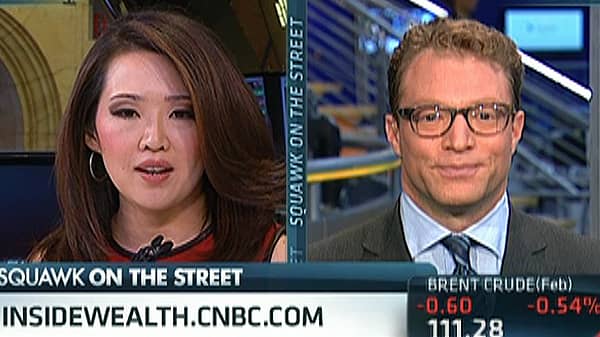The reason is the higher marginal tax rate. Because the top tax rate is going up to 39.6 percent from 36 percent on households earning more than $450,000, those households can now deduct their charitable contributions at a higher rate.
In other words, the top earners can now reduce their tax liability by 39.6 cents for every dollar donated — rather than the 35 cents under the old rate. This results in a "7 percent decrease in the after-tax cost of giving for taxpayers in that tax bracket," according to the report.
The capital gains hike also helps. Gifts of stock, real-estate and other appreciated property will also get a boost from higher rates, since the rate for cap gains went to 20 percent from 15 percent.
But what about Pease? The Pease limitation reduces itemized deductions by 3 percent of the amount by which AGI exceeds the above thresholds, but not more than 80 percent of the total.
It sounds bad for charity. But the report says that it will have "negligible effects on the tax incentive for charitable giving" because of the higher tax rates.
Put another way, the wealthy have benefitted once again from the cliff deal. While the focus of the public debate before the cliff was the degree to which deductions would be cut for the wealthy, their charitable deduction actually became more generous.
Whether that more generous tax system results in more giving remains to be seen, of course.





